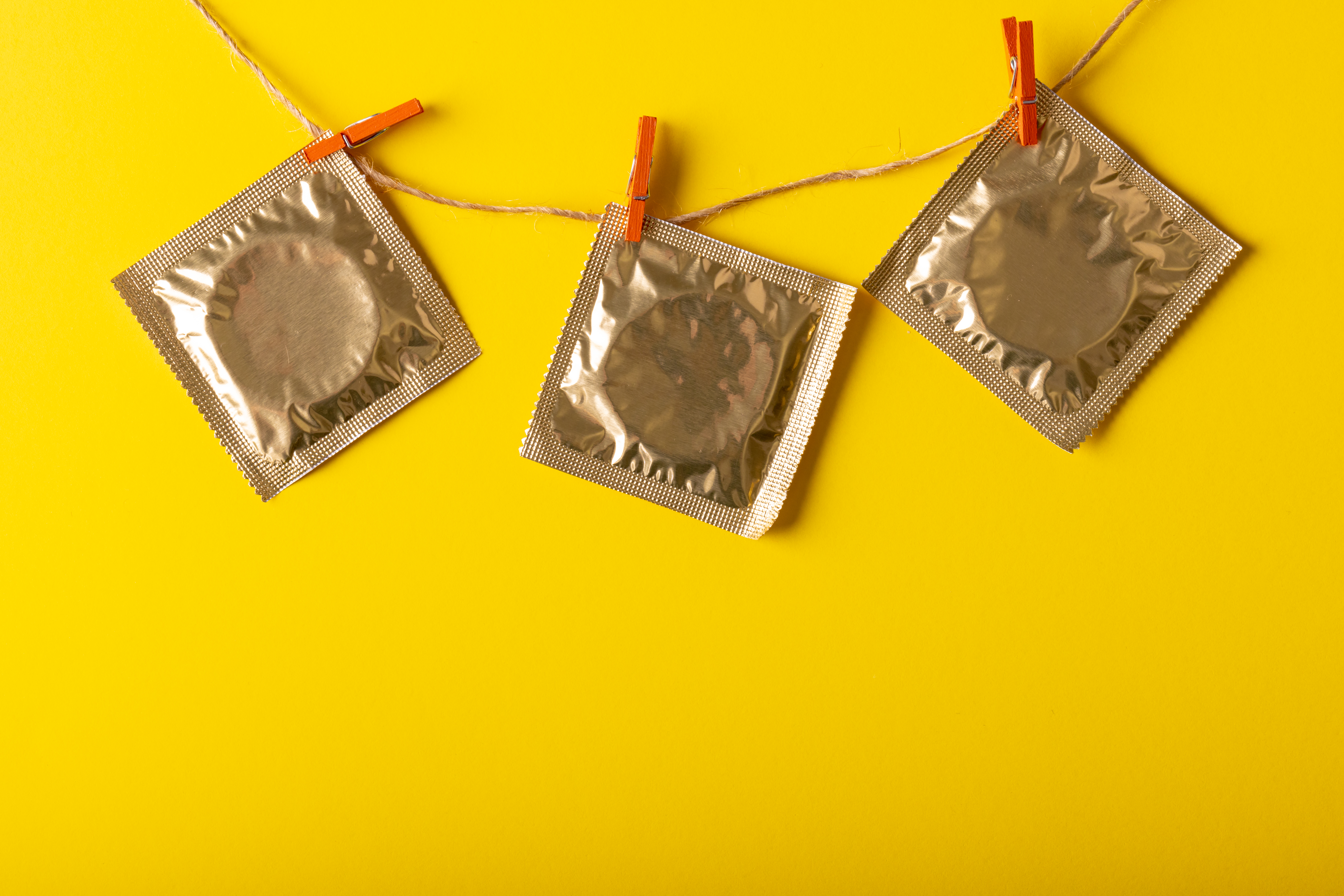When we talk about protection in the context of sex education, what do we really mean? We’re not just talking about keeping your phone password-protected or making sure your Wi-Fi doesn’t have a weak password. We’re talking about protecting your body, health, and future, especially when it comes to sex. It’s crucial to get the facts straight about protection, and we’ll do just that.
The first line of protection many think of is contraception. Contraceptives are methods used to prevent pregnancy, but they can also protect you from sexually transmitted infections (STIs). In Rwanda, both government and non-governmental organizations work hard to provide access to these methods, so let’s break them down.
Condoms (Male and Female)
When it comes to contraception and sexually transmitted infection (STI) prevention, condoms are often touted as one of the most effective tools in our arsenal. But, are condoms really 100% effective?
Condoms, whether made of latex, polyurethane, or lambskin, act as a physical barrier that prevents sperm from meeting an egg, and blocks the exchange of bodily fluids that can transmit STIs. They are unique among contraceptive methods because they protect against both pregnancy and STIs, making them a double-duty defender.
In the world of contraception, nothing is 100% effective, and condoms are no exception.
Read more about it here: https://kura.rw/are-condoms-100-effective/
Readm more here: https://kura.rw/debunking-condom-myths-with-real-facts/
The Pill
Plan B, or the “morning-after pill,” is an emergency contraceptive pill meant to reduce the chance of pregnancy after unprotected sex or contraception failure. It’s not an abortion pill—it won’t work if you’re already pregnant. It contains a higher dose of levonorgestrel, a hormone commonly found in birth control pills, and works primarily by delaying ovulation (so that an egg isn’t around to meet any sperm hanging out).
Plan B is meant to be taken within 72 hours (three days) after unprotected sex, but here’s the kicker: the sooner, the better. Studies show that when taken within the first 24 hours, Plan B can reduce the risk of pregnancy by up to 95%. But if you wait until that 72-hour mark, its effectiveness drops to around 61%—not exactly foolproof.
So, is Plan B reliable? Yes and no.
Read more about the pill here: https://kura.rw/is-plan-b-really-a-good-plan-b/
UTI’s
Urinary Tract Infections (UTIs) are a common health concern that affects millions of people worldwide. Characterized by a set of uncomfortable symptoms including frequent urination, burning sensations during urination, cloudy or strong-smelling urine, and sometimes pelvic pain.
UTIs can disrupt daily life and lead to more serious health issues if not addressed properly.
Read more about it here: https://kura.rw/the-best-ways-to-deal-with-a-uti/
Consent
Consent is willingly agreeing to do something, without being forced or tricked. It’s key to respect and important in law. Consent isn’t just limited to the sexual act, it starts from the environment, situations, and scenarios.
For example, there is no consent when you trick someone into believing you are using a condom while you are not, or when you trick someone into believing you are using birth control, there is no consent there.
There is no consent when you have intimate relations with someone too drunk to consent while you are sober. In some cases, it may be considered rape.
Read more about consent: https://kura.rw/what-consent-looks-like-and-what-it-does-not-look-like/


